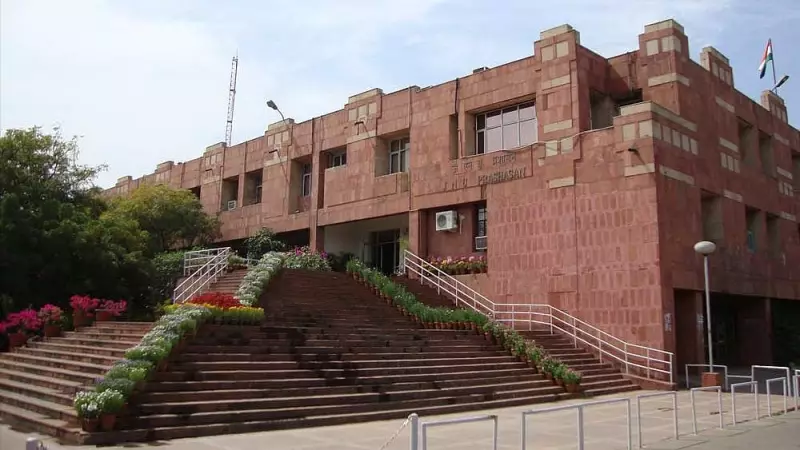
In the intricate tapestry of Indian politics, a remarkable pattern emerges—the profound connection between Bihar and Jawaharlal Nehru University (JNU) that has shaped the nation's political landscape for decades. This unique relationship has transformed the Delhi-based university into an unexpected breeding ground for Bihar's political elite.
The Bihar-JNU Nexus: A Political Powerhouse
The corridors of JNU have echoed with Bihari voices that would later resonate across the Indian political spectrum. From the fiery rhetoric of Lalu Prasad Yadav to the intellectual rigor of Sitaram Yechury, this institution has honed the skills of leaders who would eventually steer the country's political discourse.
Prominent Leaders Forged in JNU's Crucible
The list of Bihari politicians who cut their political teeth at JNU reads like a who's who of Indian politics:
- Lalu Prasad Yadav: The charismatic leader whose political journey began during his student days at JNU
- Sitaram Yechury: The Communist Party of India (Marxist) general secretary who developed his ideological foundation at the university
- N K Singh: The policy expert and Rajya Sabha member whose analytical skills were refined at JNU
- Ravi Shankar Prasad: The senior BJP leader whose political consciousness awakened on campus
- Shyam Rajak: The RJD leader whose political identity took shape within university walls
The JNU Effect: More Than Just Education
What makes this connection particularly fascinating is how JNU served as more than just an educational institution. It became a political laboratory where future leaders experimented with ideologies, built networks, and developed the oratory skills that would define their careers.
The university's unique environment—with its intense political debates, ideological diversity, and culture of activism—provided the perfect training ground for aspiring politicians from Bihar. This combination of Bihari political acumen and JNU's nurturing environment created a powerful formula for political success.
A Continuing Legacy
Even today, the Bihar-JNU connection remains strong, with current students from the state actively participating in campus politics and preparing to follow in the footsteps of their illustrious predecessors. This enduring relationship continues to supply Indian politics with leaders who combine regional understanding with national vision.
The story of Bihar and JNU is ultimately about how a specific educational environment can shape political destinies. It demonstrates how regional political traditions, when combined with the right institutional setting, can produce leaders capable of influencing national politics for generations.





